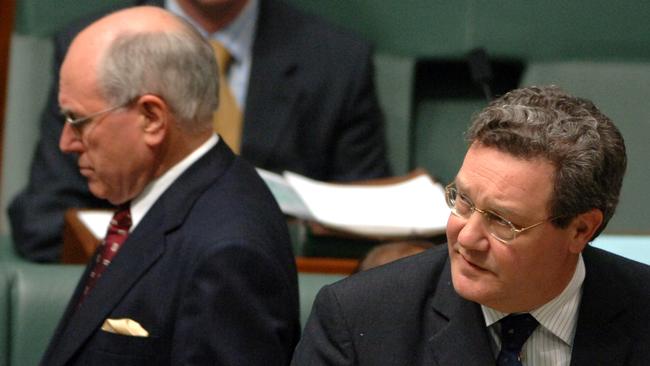
The dramatic 2002 decision by the Howard government is given fresh relevance by this week’s uproar surrounding the ICC. The resistance point in the Coalition parties 20 years ago is the exact alarm now being raised globally after ICC prosecutor Karim Khan sought arrest warrants against leaders not just of the Hamas terrorist group but the democratically elected Israeli government.
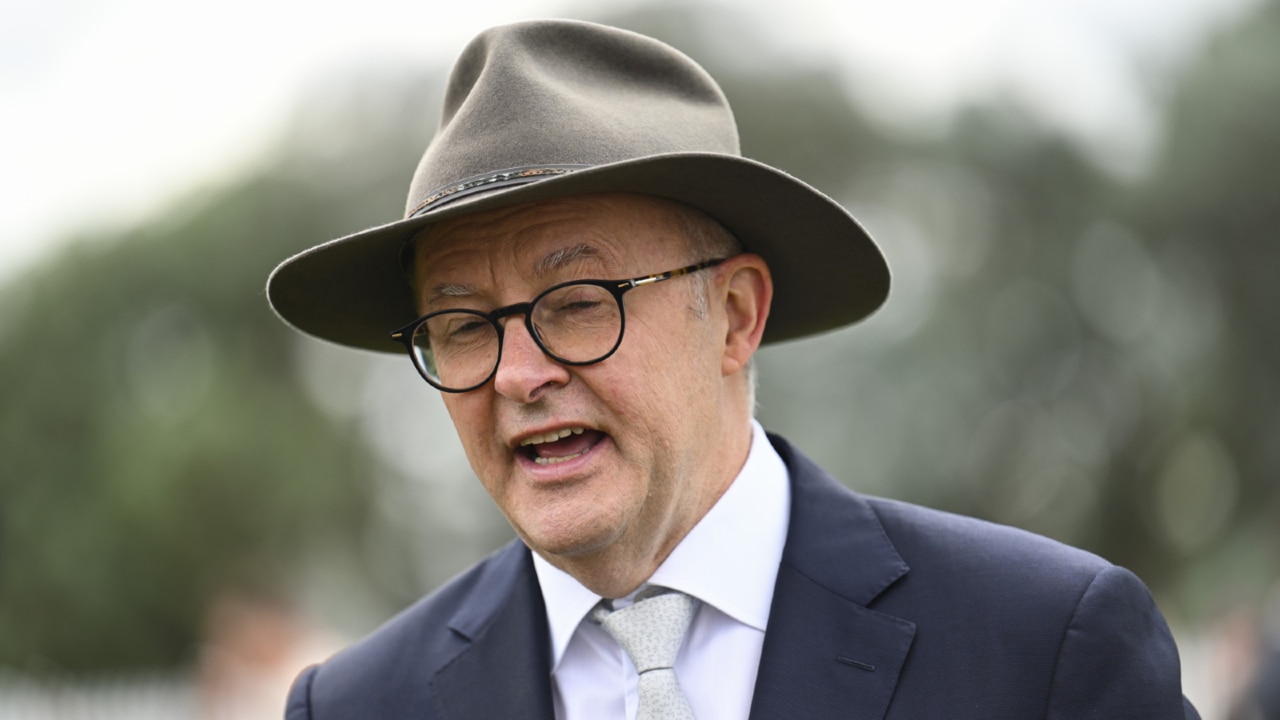
This week’s concerns relate to the court’s integrity, the sovereignty of democratic nations and the rule that the court acts only as a “last resort” when domestic judicial processes of the nation in question are not functioning or broken down. US President, Joe Biden, incensed at the prosecutor’s actions, denounced the move as “outrageous”.
The 2002 debate saw a protracted tussle between Downer and Howard. Downer pushed hard to win party approval for Australian ratification, while Howard was wary, cautious and initially resistant. Howard’s instinctive suspicions of multilateral bodies linked to the UN came into play given his belief the rules of such bodies were “written sometimes by majorities which include nations neither believing in nor practising the rule of law”.
But Howard had another pressing concern – he was a close ally of the Bush administration. President George W Bush had told Howard that America would not join the ICC. It didn’t trust the new institution. It feared the court would be used to unfairly prosecute US armed servicemen and servicewomen.
“I was very conscious the Bush administration didn’t adhere to the ICC,” Howard said on Friday.
Downer was sympathetic to the concerns of the Bush administration but he didn’t agree with them. Opinion in the Howard government was divided.
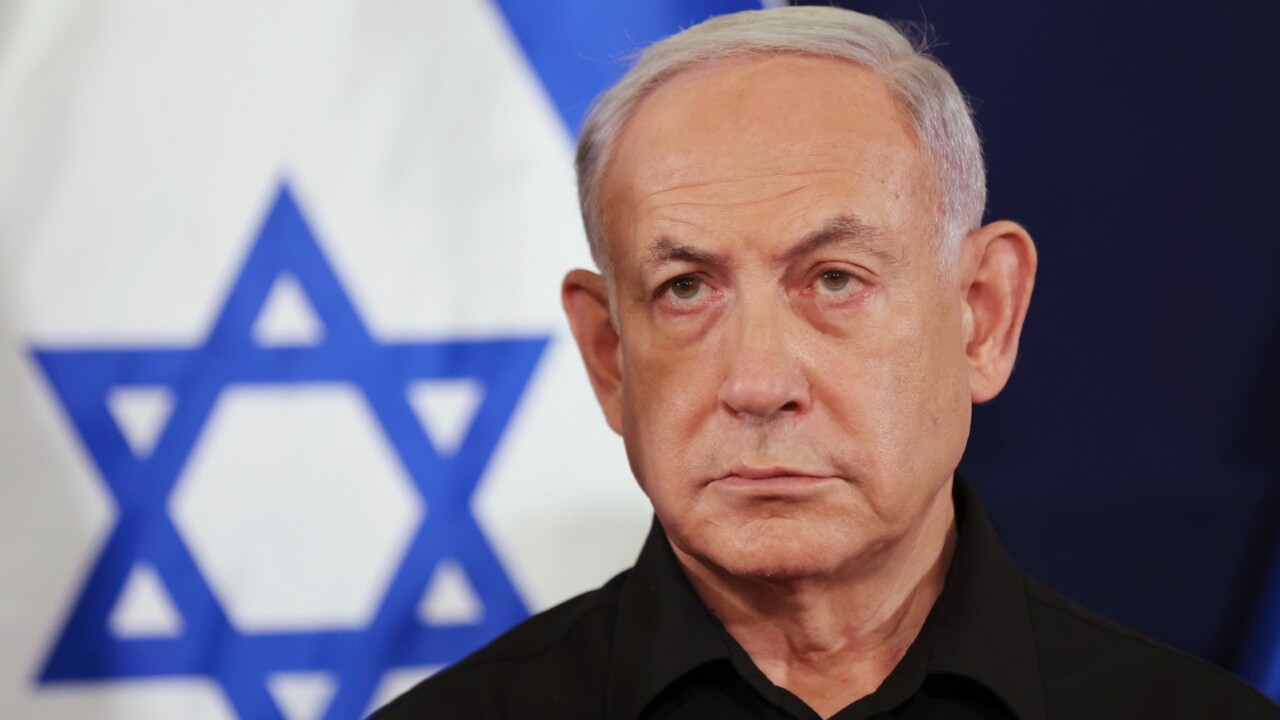
“We had a two-day special debate on this issue and something like 70 or 80 people participated,” Howard said.
“The original decision to join was taken by the cabinet on a submission from Alexander Downer as foreign minister. But there was resistance in the partyroom and, given the strength of that resistance, I judged it was desirable to take the issue back to the cabinet, which I did.”
“We got Ninian Stephen involved – he had standing not just as a former governor-general and High Court judge but as somebody who understood international law. We sought his view about signing subject to certain caveats. He thought we should be involved.
“We went back to the partyroom and the discussion went for a day and a half. Everybody knew there was a division of opinion and I really made a virtue out of it, saying we’ve got genuine differences and it’s an important issue. In the end, there was a substantial majority in favour,” Howard said.
“I addressed the partyroom at the conclusion and said we’ve had a good and civil debate. I don’t think those opposing felt we were shoving something down their throats. The partyroom really took over the whole issue and I was quite happy with that.
“Frankly, I can’t think of a single issue during the time we were in government that had such an exhaustive debate.
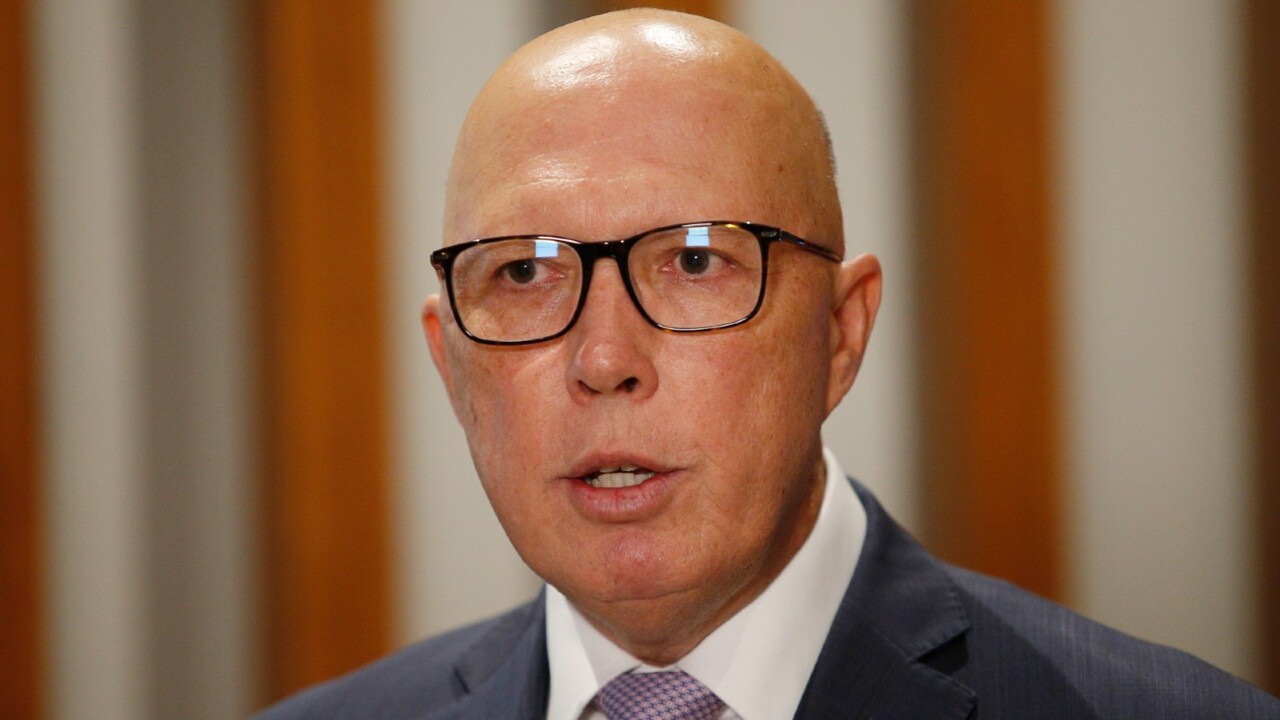
“From recollection, the major concern people had was there would be an attempt to take action against Australians and there weren’t enough protections – we had to ensure if you were accused of a war crime that we had a judicial structure that meant the issue could be dealt with in our domestic courts.”
In his 20 June 2002 announcement, Howard said the government believed the ICC could make a “valuable contribution” and punish people “who commit acts of genocide, crimes against humanity and war crimes”.
Ironically, last week Anthony Albanese, under pressure, said the Howard government had signed up to the ICC so “it’s up to them, I think, to explain those decisions at the time”.
Howard said of the prosecutor’s request for arrest warrants: “To morally match Hamas leaders with Benjamin Netanyahu is beyond the pale. It is ludicrous. I don’t know what decision the court will take on this issue. I will have very strong things to say if it grants the arrest warrants.”
Unsurprisingly, the strongest comments came from Downer. This was his achievement and he feels betrayed. Downer said Karim Khan was destroying the design of the ICC and if the warrants were approved then Australia should “withdraw altogether” from the ICC and renounce our commitment.


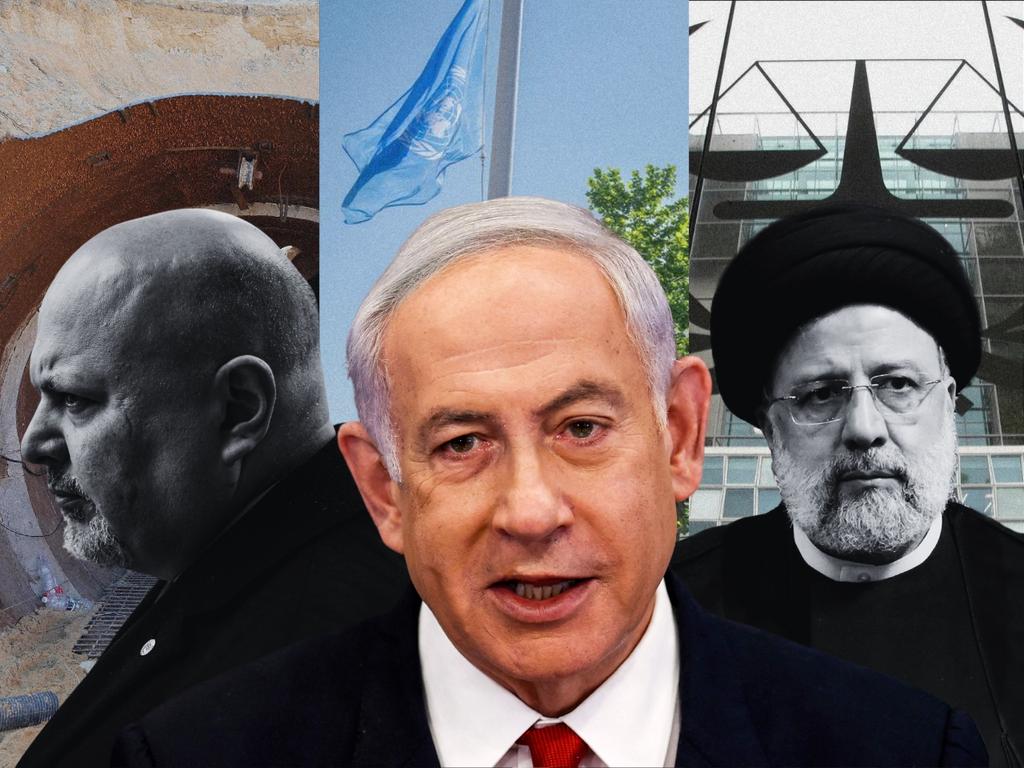





The Howard government’s 2002 ratification of Australia’s commitment to the International Criminal Court was a victory for then foreign minister Alexander Downer, a testament to the political skills of John Howard and triggered probably the most intense partyroom debate of the Howard era.